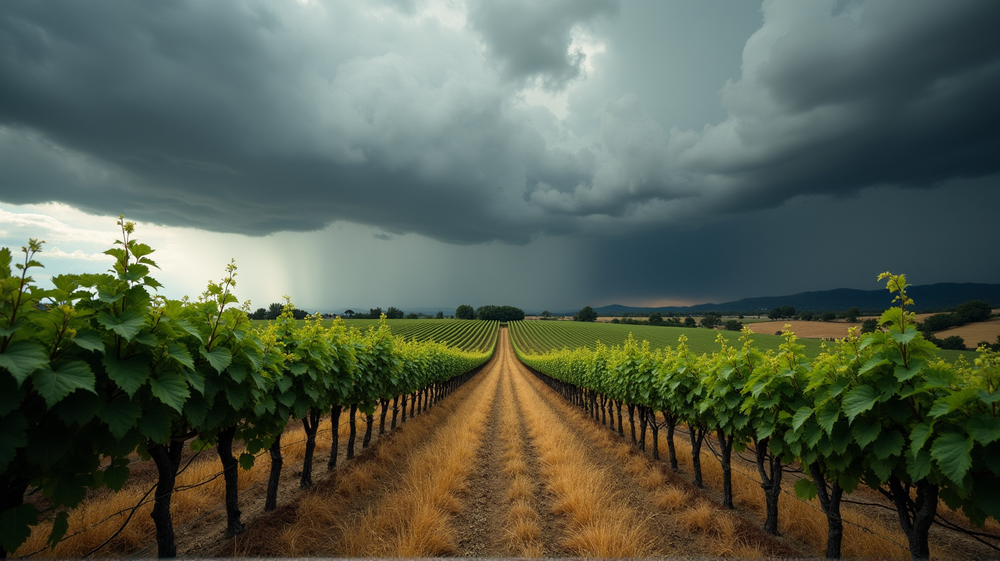Trump's Tariffs Threaten California's Wine Industry Legacy
The recent announcement from the Trump administration regarding the imposition of massive tariffs on imported goods has sent ripples across the globe. One industry standing at the precipice of collateral impact is California’s beloved and robust wine production sector. With California trailing only Italy, Spain, and France on the international stage of wine production, why would these tariffs pose such a threat?
A Double-Edged Sword
The rationale behind these tariffs is clear, or at least it’s meant to be. The administration argues that tariffs bolster U.S.-based industries by promoting local consumption. However, the looming 200% taxes on wines from key European producers stand to cripple California’s industry rather than support it. The Wine Institute, known for championing the “fair, open and reciprocal trade of wine around the world”, firmly believes that tariffs of this nature could actually harm U.S. wineries. As per their statement, “Retaliatory tariffs like those currently in place invariably harm U.S. wine producers and impede the growth of the wine industry.”
Unseen Consequences
While some wineries hope that tariffs could level the playing field with imported wines, the consensus in the industry is to brace for impending backlash. Increasing tariffs not only threaten local wine production but also risk inviting retaliatory tariffs that could target American wine exports. There are also hidden costs. Barrels, bottles, and other wine-making essentials could see cost hikes, further straining an industry already battling inflation and waning consumption.
According to Press Telegram, the intricacies are evident, as the wine supply chain is extensive and interconnected. Californian consumers snapped up half a billion dollars worth of French wine last year alone, a chain reaction that tariffs could buckle dramatically.
Local Versus Global
The tariffication uncertainty stretches beyond just producers and infiltrates small businesses that rely heavily on imported wine. Small importers, distributors, retailers, and restaurants face the daunting prospect of reduced sales and increased costs. An entire economic ecosystem tethered to this liquid jewel teeters on the brink of instability as it contemplates a new potential reality—one less adorned with international diversity.
A Call to Action
The Editorial Board remains consistent: tariffs are, essentially, taxes. And tax increases, particularly those with such far-reaching implications, rarely serve the interests touted by their proponents. It’s an issue of freedom, a belief that consumers should be allowed to decide—uninhibited by prohibitive costs—what flavors grace their tables.
In a state where wine is not merely a product but a cultural emblem supporting local identity and economies, it’s time for re-evaluation. This fiscal mechanism threatens to disrupt a golden industry, and more so, the livelihoods of countless Californians. Such burdens are unjustifiable, and thus, urgent reconsideration and policy adjustment should follow. If tariffs remain unchecked, the legacy of Californian wine stands a risk of fall.
As this intricate option unfurls, one cronical point remains certain: every tariff carries a ripple, a lasting echo that does not just resonate in treasuries but in homes, businesses, and cultures alike.




